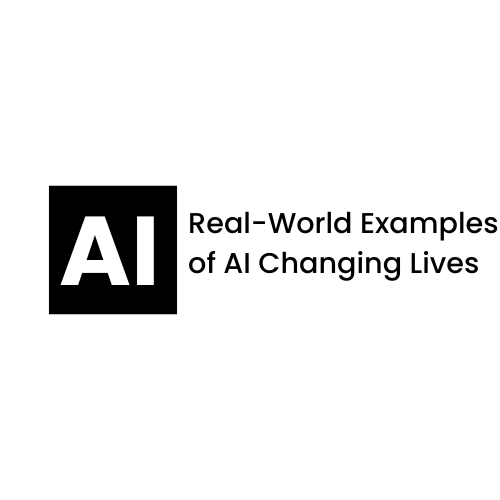
Artificial Intelligence (AI) has rapidly evolved from a futuristic concept to an integral part of our daily lives. In 2025, AI continues to revolutionize various sectors, enhancing efficiency, productivity, and decision-making processes. This article delves into the current state of AI, its applications across different industries, and the implications for the future.
The Current Landscape of AI
AI technologies, including machine learning, natural language processing, and computer vision, have matured significantly. These advancements have led to the development of sophisticated AI models capable of performing complex tasks, from language translation to predictive analytics. The integration of AI into cloud computing platforms has further accelerated its adoption, making it accessible to businesses of all sizes.
AI in Healthcare
In the healthcare sector, AI is transforming patient care and medical research. AI-powered diagnostic tools can analyze medical images with remarkable accuracy, aiding in early disease detection. Predictive analytics help in anticipating patient needs, optimizing treatment plans, and managing hospital resources efficiently. Moreover, AI-driven drug discovery is expediting the development of new medications, addressing health challenges more swiftly.
AI in Finance
The financial industry leverages AI for fraud detection, risk assessment, and customer service. Machine learning algorithms analyze transaction patterns to identify fraudulent activities in real-time. AI-driven chatbots provide personalized customer support, enhancing user experience. Additionally, AI models assist in investment strategies by analyzing market trends and predicting asset performance.
AI in Manufacturing
Manufacturing processes have become more efficient and cost-effective due to AI integration. Predictive maintenance powered by AI minimizes equipment downtime by forecasting potential failures. Robotics and automation, guided by AI, streamline production lines, ensuring consistent quality and reducing human error. Supply chain management also benefits from AI through optimized inventory control and demand forecasting.
AI in Education
Educational institutions are adopting AI to personalize learning experiences. Intelligent tutoring systems assess student performance and adapt content to individual learning styles. AI also automates administrative tasks, allowing educators to focus more on teaching. Furthermore, AI-driven analytics provide insights into student engagement and outcomes, facilitating data-informed decision-making.
Ethical Considerations and Challenges
Despite its benefits, AI poses ethical and societal challenges. Concerns about data privacy, algorithmic bias, and job displacement require careful consideration. Establishing transparent AI systems and regulatory frameworks is essential to ensure responsible AI deployment. Ongoing dialogue among stakeholders, including policymakers, technologists, and the public, is crucial to address these issues.
The Future of AI
Looking ahead, AI is poised to become even more integrated into our lives. Advances in quantum computing and AI research promise to unlock new capabilities, from solving complex scientific problems to enhancing human-computer interactions. As AI continues to evolve, fostering collaboration between humans and machines will be key to maximizing its potential while mitigating risks.
for regular updates :
Website https://edigitalgyan.com/
call us at 9999601560
Write us at info@edigitalgyan.com
Facebook:https://www.facebook.com/edigitalgyan/
Instagram: https://www.instagram.com/edigitalgyan
Youtube :https://www.youtube.com/@edigitalgyan
